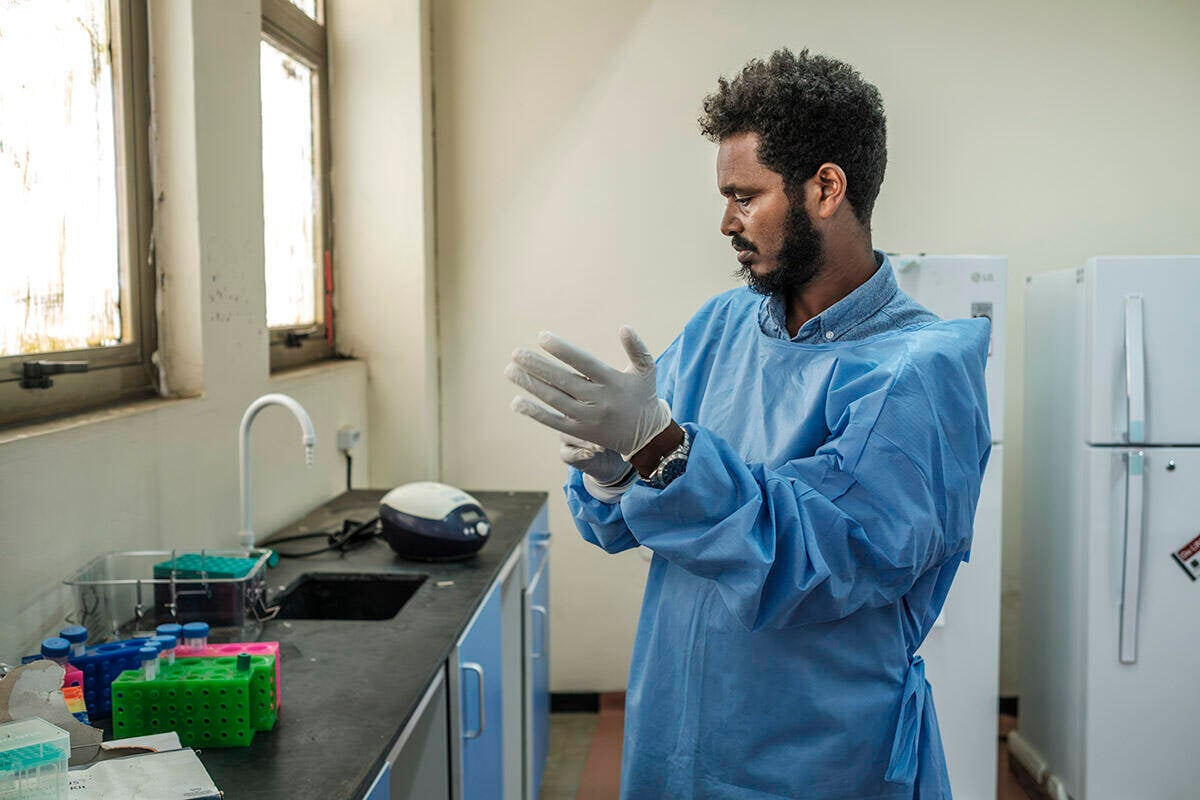However, co-administering two drugs to children is not straightforward. The STOP Consortium has therefore been developing a co-formulated version, or fixed-dose combination (FDC), of albendazole and ivermectin. In the ALIVE trial, this FDC was compared with albendazole when given either as a single dose or as a three-dose course. For both T. trichiura and hookworms, the three-dose regimen was of markedly higher efficacy than albendazole alone; efficacy of the single-dose treatment was superior for T. trichiura and similar to albendazole for hookworms. No safety issues were seen.
The study provides strong evidence that the FDC will outperform albendazole. The three-dose approach would likely be favoured for treatment of individual patients, while the single-dose strategy would be suitable for mass drug administration campaigns. The STOP Consortium has been awarded Global Health EDCTP3 funding for an evaluation of the FDC in mass drug administration programmes in Ghana and Kenya (STOP2030 project).
The STOP Consortium’s work has been supported by the Mundo Sano Foundation and by a UK Participating States-Initiated Activity (PSIA). This underpinned an early consultation with the European Medicines Agency (EMA), which provided key advice on the evidence it would require in order to provide a positive scientific opinion. This led to a bioequivalence study to demonstrate that the activity of the drugs was the same when combined and to a two-stage trial design in which a safety study was carried out in Kenya before the main ALIVE efficacy trial.
In January 2025, drawing on the ALIVE trial data, the EMA provided a positive scientific opinion on the new formulation. This will facilitate WHO prequalification and accelerate country regulatory approvals.
scroll down

Soil-transmitted helminths, such as Ascaris lumbricoides (roundworm), Strongyloides stercoralis (threadworm), Trichuris trichiura (whipworm) and hookworms, affect a quarter of the world’s population, mainly those living in poverty. They have a major impact on health and development, particularly of children and women of reproductive age.
Control of these parasites relies mainly on treatment and mass drug administration with albendazole. However, albendazole is not effective against all species of soil-transmitted helminth, and there are increasing concerns about drug resistance.
Treatment could be improved by combining albendazole with a second drug, ivermectin. A combination of the two has been shown to have higher efficacy than albendazole alone, particularly against T. trichiura, without raising any safety concerns.
With EDCTP2 and PSIA support, the STOP Consortium has developed a new drug combination that could significantly reduce the impact of common parasitic worm infections.

Calling a halt to parasitic worm infections